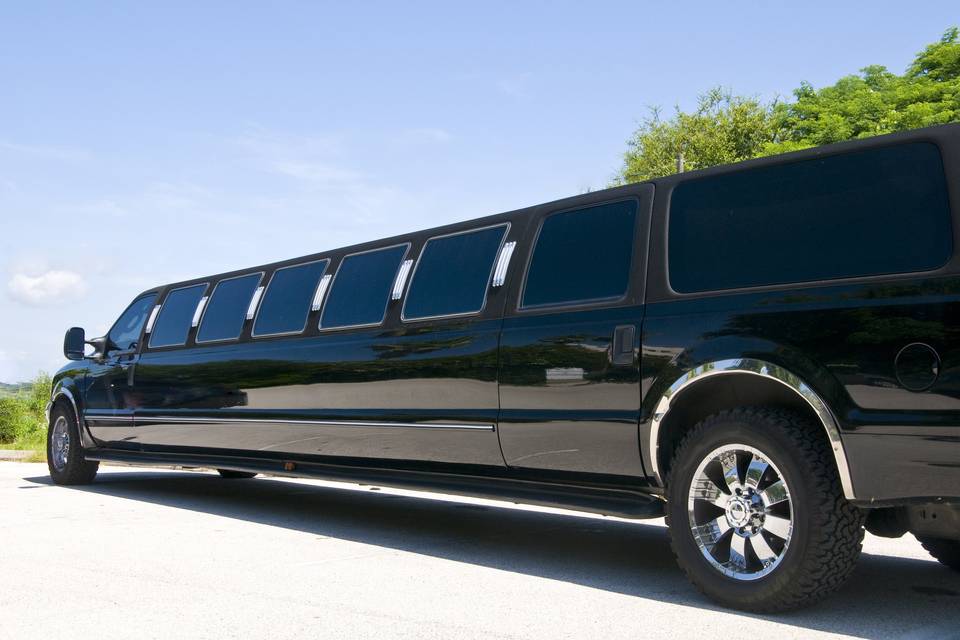Jerusalem, a convergence point of civilizations and faiths, extends a warm welcome to travelers worldwide. While the city embodies a contemporary spirit, it also reveres its profound historical and religious heritage. Adhering to and honoring local dress codes is essential for a respectful and seamless visit. Here’s a thorough article to help you navigate the cultural expectations of attire, with the assistance of a tour guide jerusalem becomes easier to navigate.
Respecting Religious Sites:
Jerusalem is home to holy sites sacred to Judaism, Christianity, and Islam. These sites have specific dress codes to maintain a respectful atmosphere for prayer and contemplation.
Shoulders and Knees: A general rule of thumb is to cover your shoulders and knees when visiting religious sites. This applies to both men and women. Opt for long-sleeved shirts, blouses, or tunics, and long pants or skirts that fall below the knee.
Head Coverings: Women are not required to cover their heads at all sites, but some may request it. Men, on the other hand, may be asked to wear a kippah (yarmulke) when entering synagogues or the Western Wall plaza. Guides often provide these upon entering, or you can purchase them from nearby vendors.
Understanding Modesty:
While Jerusalem isn’t overly conservative in everyday life, dressing modestly shows respect for the city’s cultural norms. Here are some additional tips:
Sheer Clothing: Avoid clothing made from sheer or transparent fabrics.
Low-Cut Tops: Opt for shirts with higher necklines that cover your chest area.
Ripped Jeans: While ripped jeans are trendy, they’re considered inappropriate for religious sites. Consider opting for a more traditional pair of jeans.
Beachwear: Leave swimsuits and beachwear for the beach or pool. Opt for more covered-up clothing when exploring the city.
Seasonal Considerations:
Jerusalem experiences distinct seasons. Here’s how to adjust your clothing accordingly:
Hot Summers: Pack lightweight, breathable fabrics like cotton or linen. Loose-fitting clothing allows for better air circulation and keeps you cool. Don’t forget a hat and sunglasses for sun protection.
Mild Winters: Layers are key for Jerusalem’s winters. Pack a light sweater or jacket, and a scarf for those occasional chilly days.
Spring and Fall: These seasons offer pleasant weather. Pack versatile clothing that can be layered depending on the day’s temperature.
Comfort is Key:
Jerusalem is a city best explored on foot. Expect to do a lot of walking, so ensure your outfit prioritizes comfort.
Shoes: Sturdy walking shoes with good arch support are essential. Cobblestone streets and uneven terrain can be challenging for high heels or sandals.
Practicality: Choose clothing that allows for ease of movement. Avoid cumbersome outfits or fabrics that restrict movement.
Finding the Right Balance:
While respecting the local dress code, you don’t have to compromise your personal style. Here are some tips:
Accessorize: Scarves, jewelry, and belts are excellent ways to add personality to your outfit while maintaining modesty.
Modern Interpretation: Opt for modern cuts of traditionally modest clothing. For example, a maxi dress can be both stylish and cover your knees.
Neutral Colors: Neutral-colored clothing provides a versatile base for layering and accessorizing.
Beyond Religious Sites:
While the above guidelines are crucial for religious sites, the dress code relaxes in other parts of Jerusalem. In secular neighborhoods like Tel Aviv, you’ll see a more casual style with shorts, tank tops, and sandals being more common. However, it’s always best to err on the side of caution and dress modestly, especially when visiting museums, restaurants, or upscale establishments.
Additional Tips:
Observe How Locals Dress: This is a great way to gauge what’s considered appropriate attire.
Pack a Scarf: A lightweight scarf can be a lifesaver if you find yourself needing to cover your shoulders or head unexpectedly.
Consult Your Guide: If you’re unsure about dress codes for specific sites, your local guide can offer valuable advice.
Dressing appropriately in Jerusalem is a way to show respect for the city’s rich tapestry of cultures and religions. By following these simple guidelines and remaining mindful of cultural norms, you can ensure a smooth, respectful, and enriching visit to this extraordinary city.



